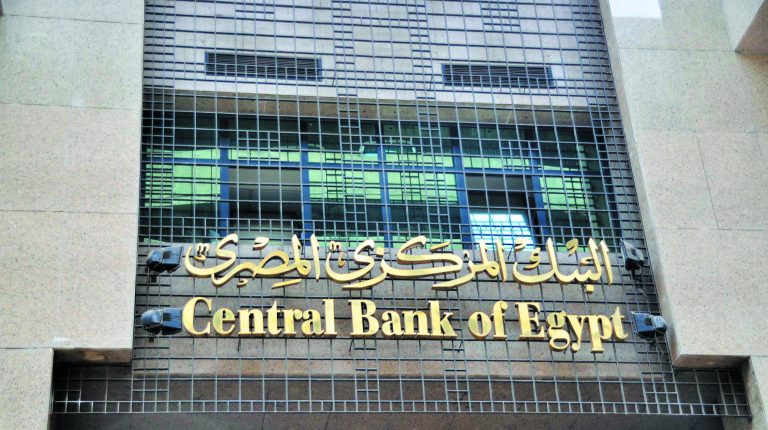The Central Bank of Egypt secured Gulf deposits in the first quarter of this year worth $13 billion, at a time when the country is trying to provide foreign exchange to exit the Russian-Ukrainian War tunnel.
In a report on the external situation of the Egyptian economy, the bank explained that deposits are divided into $3 billion from Qatar, $5 billion from Saudi Arabia, and the same from the UAE.
These are short-term deposits, other than medium- and long-term deposits worth $5.3 billion to Saudi Arabia, $5.7 billion to the UAE and $4 billion to Kuwait.
Egypt's external debt rose to $157.8 billion by the end of the first quarter of 2022, compared to $145.5 billion at the end of last year with 8.1% growth.
The new governor of the Central Bank of Egypt, Hassan Abdullah, is facing a daunting task, as his country tries to control price rises after increasing annual inflation and seeks to provide foreign exchange.
This coincides with Egypt's negotiation with the International Monetary Fund for a new loan to support a country that exceeds the total population of 103 million.
Egypt's foreign exchange reserves fell to $33.14 billion last July, and the current account deficit drained $5.79 billion in the first quarter of 2022 alone.











